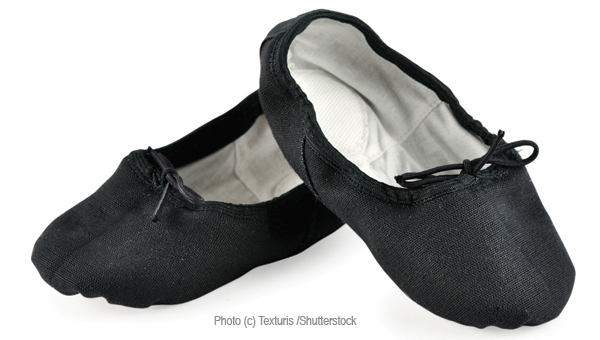The Natural Family:
Lesson Learned - Allowing Kids Time to be Free
by Andrea Cameron

Last week, I took my son with me to a play rehearsal. I’ve been working after school with a group of students to prepare for a drama festival. I wasn’t sure how it would go. He’s no longer content to sit and color. Now, he wants to be part of the action.
So, after an hour of rehearsing despite the attempts of a three-year-old to upstage them, my students dispersed. It was then that my once timid boy ran out onto the stage.
“Finally, I get the stage to myself,” he said, spinning a little too close to the edge.
I laughed. Then, I did what every other parent of my generation would do. I decided I had better get him into some lessons.
I know the perils of over-scheduling children. I know that too much too soon can backfire, causing children to turn against their passions. I just finished reading the book Under Pressure by Carl Honoré where he asks the important question: Why do parents have to take over everything?
Because, as my hyper-parenting generation tells me, I just might have the next Baryshnikov on my hands. What injustice would I do to my child not to nurture his inner prodigy?
Besides, I just read that dance can provide an excellent foundation for other sports while encouraging an appreciation for the arts. So, I drove directly to a local dance studio to pick up a schedule. As we climbed back in the car, my son asked me what I had in my hand.
| "So maybe instead of scheduling and channeling, we should make more space. Kids could enjoy the arts for art’s sake. They could participate in athletics, not just for competition to impress adults, but for enjoyment of movement. And most importantly, they could have time to be free, time to be kids... to explore their passions without adult direction." |
“It’s a schedule for dance lessons,” I said.
“For you?”
“No. For you.”
There was a moment of silence as he pondered my plan. “But, mommy. I already know how to dance.”
Right. And he does. His steps aren’t organized. He doesn’t have a routine. But when my kid dances, he beams. Likewise, when he draws, the shapes are indistinguishable but there’s a freedom there that many adult artists try to nurture in themselves. Kids sing like no one’s listening. They dance like no one’s watching. And don’t we all have a lesson to learn from that?
So maybe instead of scheduling and channeling, we should make more space. Kids could enjoy the arts for art’s sake. They could participate in athletics, not just for competition to impress adults, but for enjoyment of movement. And most importantly, they could have time to be free, time to be kids. They need opportunity to explore their passions without adult direction.
Not that there isn’t a place for lessons or classes in childhood. They allow children to have access to facilities, resources, and instructors they wouldn’t otherwise have. They can share their enjoyment of an activity with peers. But perhaps we need to change our reasons for enrolling them. Carl Honoré explains how our modern approach to children is backfiring: “Our kids are fatter, more myopic, more injured, more depressed, and more medicated than any previous generation. By using children as a way to relive our own lives, or as a way to make up for our personal shortcomings, we have destroyed the magic and innocence of childhood.”
We all say we want our children to be happy. However, sometimes I think that the way we act doesn’t reflect that desire. Maybe we should say that we want our children to be more successful than we were. Maybe we want them to be popular. Heck, maybe we want them to take care of us in old age with their NHL salaries. And really, we want these things for our children because we think that’s the way to happiness. Every generation wants their children to have the things that they didn’t.
However, when I look at many of the heroes we idolize, I see little happiness. There might be pride. There might be wealth. There might be drive. But not happiness.
One day, I’ll still enroll my son for dance lessons. He’ll still play soccer (aka: running around looking for toads). But thanks to my son’s comment, I’ve changed my intention. It’s okay to do something for fun. And expressing interest in an activity doesn’t mean we need to structure it to death.
Thank goodness for the wisdom of children. Lesson learned.
Andrea Cameron is a mother and educator living in Eastern Ontario, Canada. Her poetry and fiction has appeared in various publications.
This article was published in Natural Life Magazine in 2011.
|

